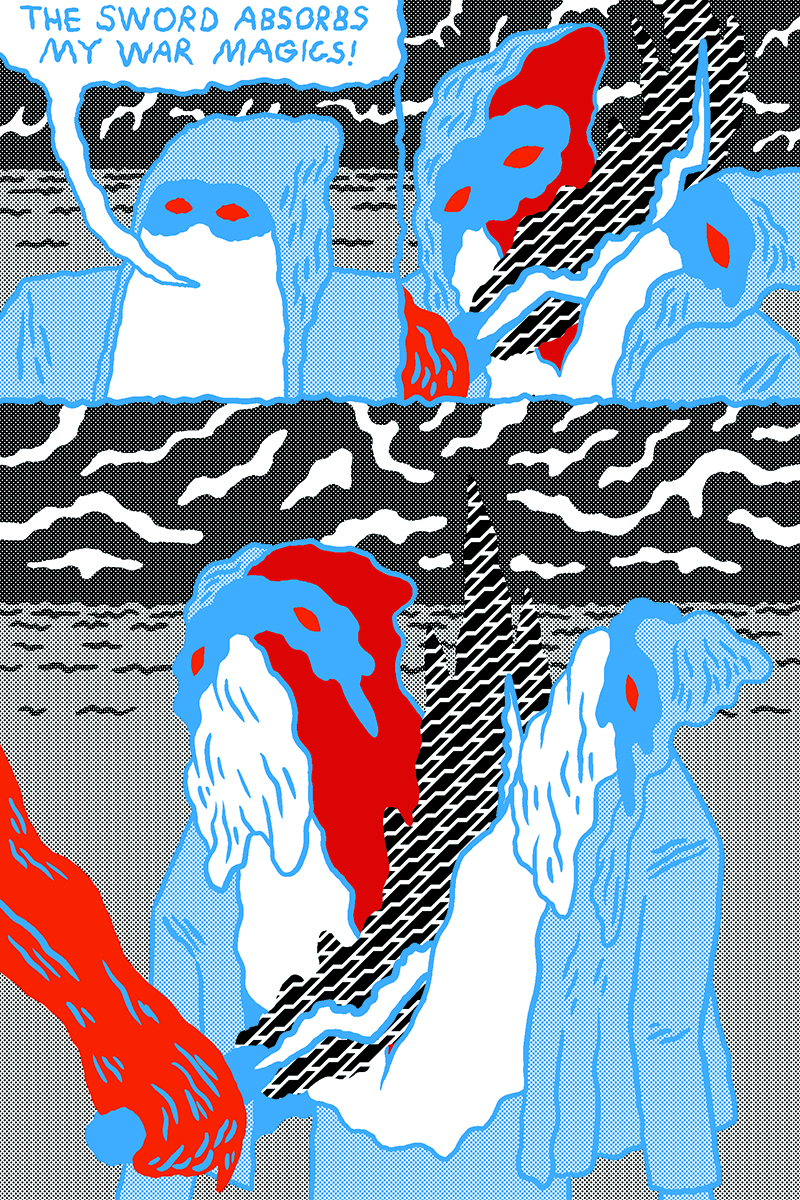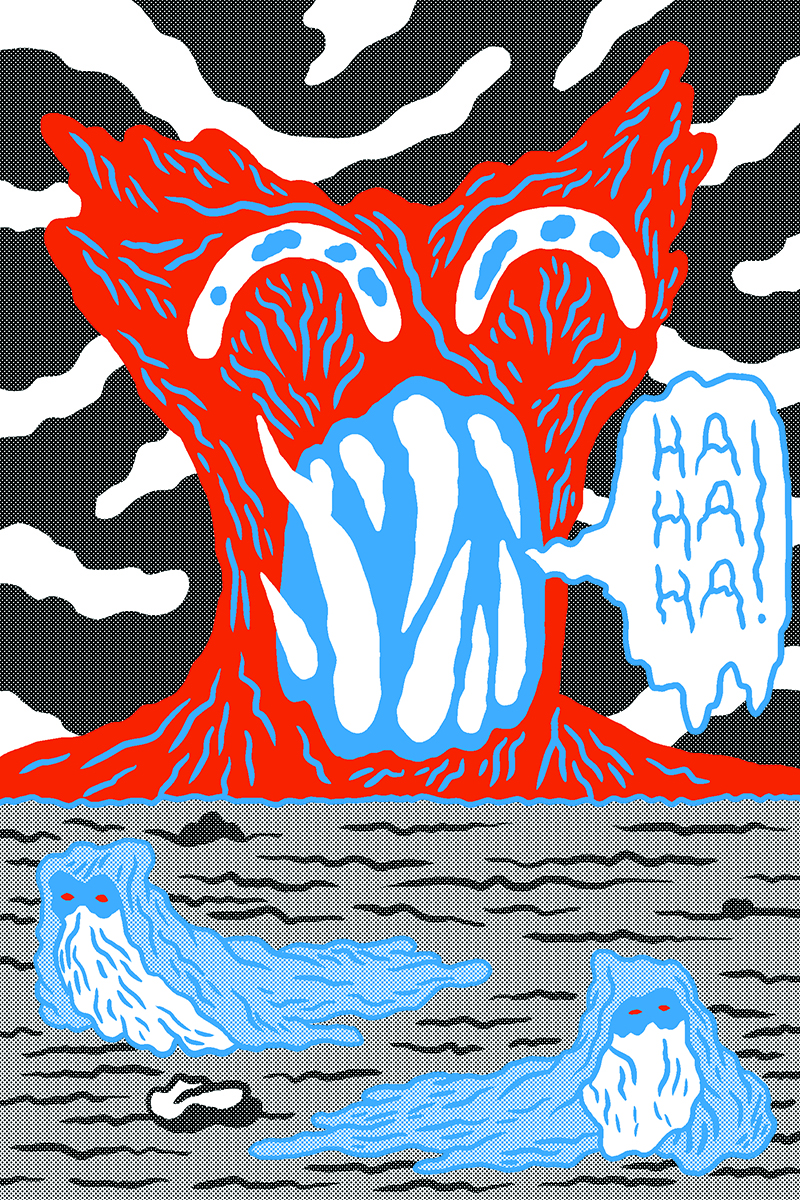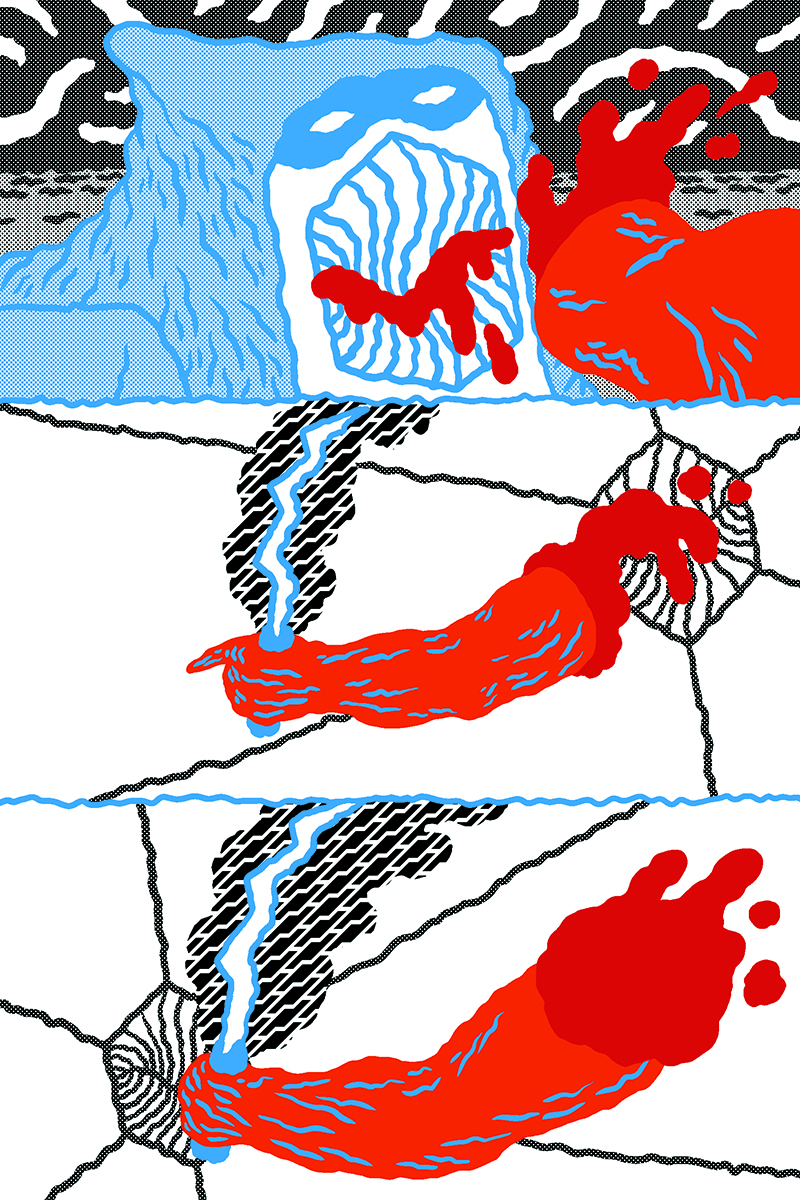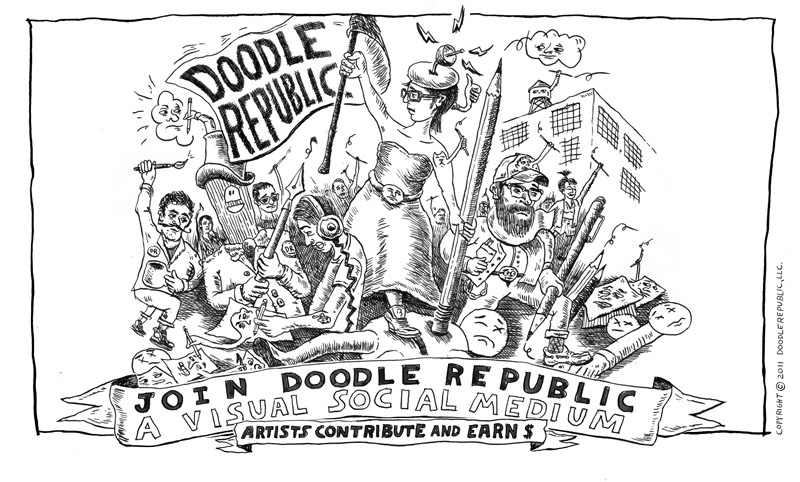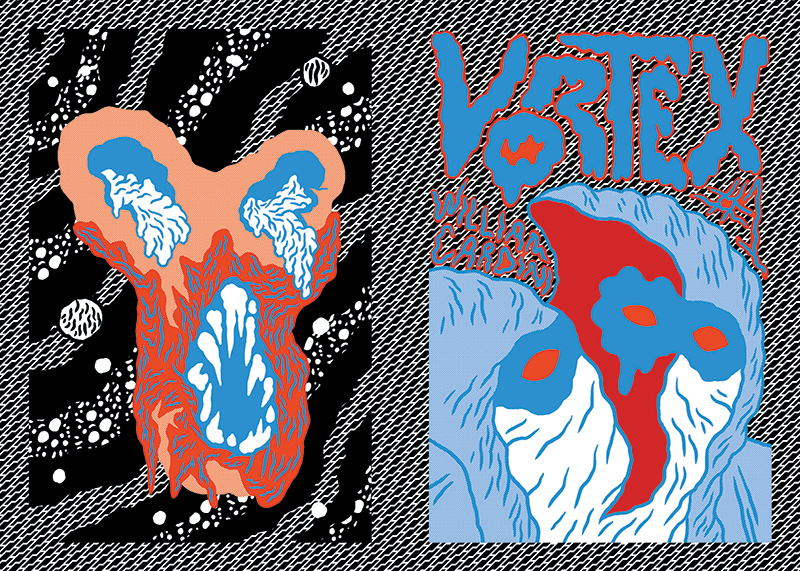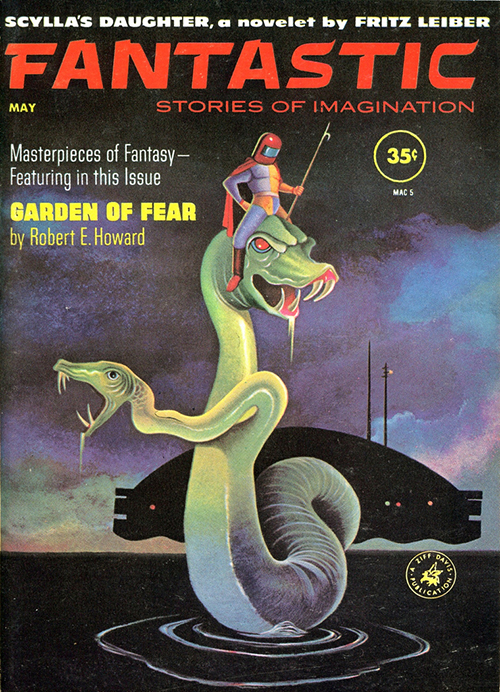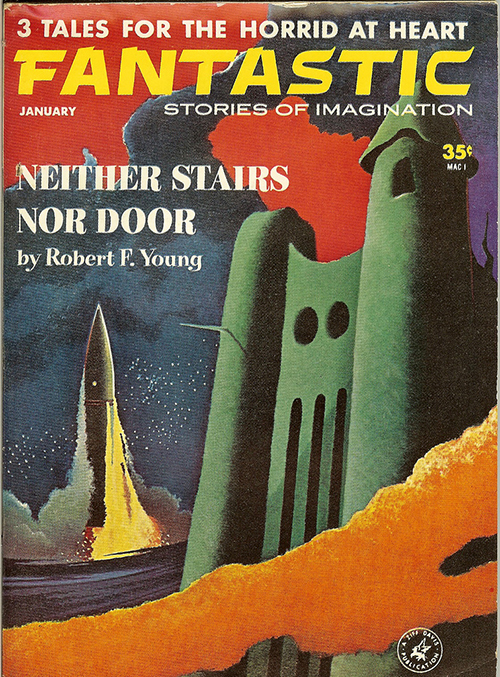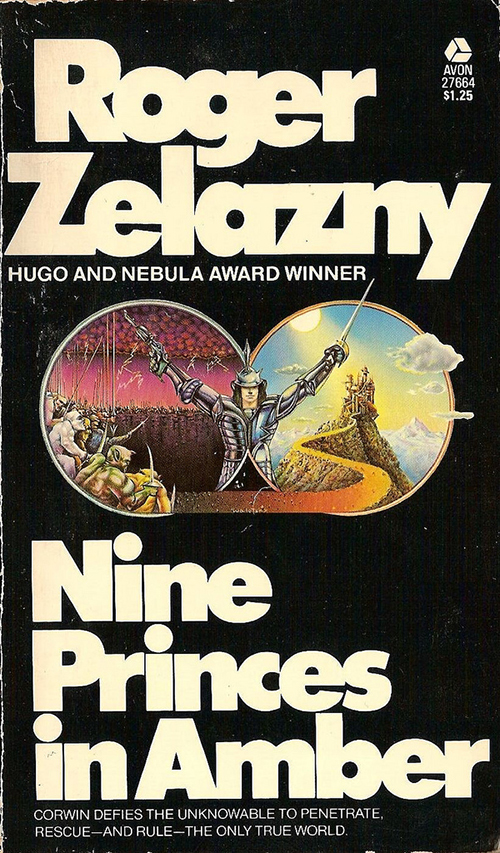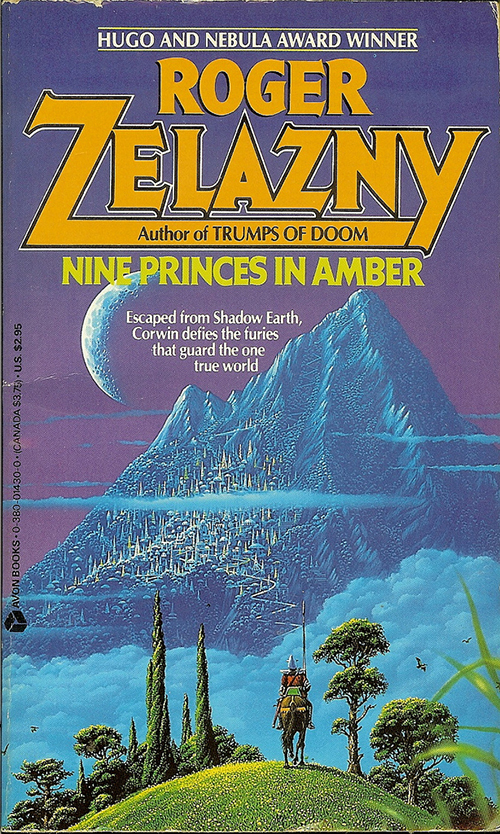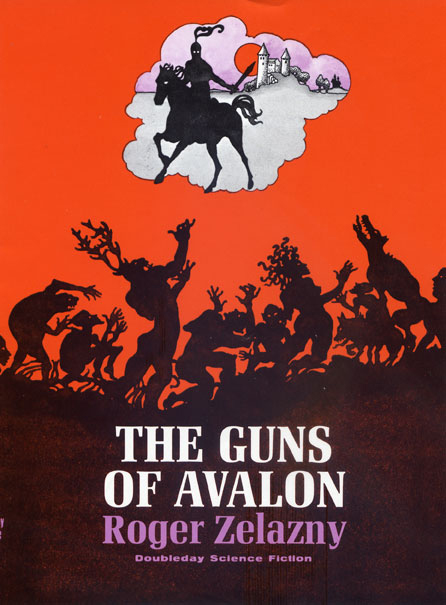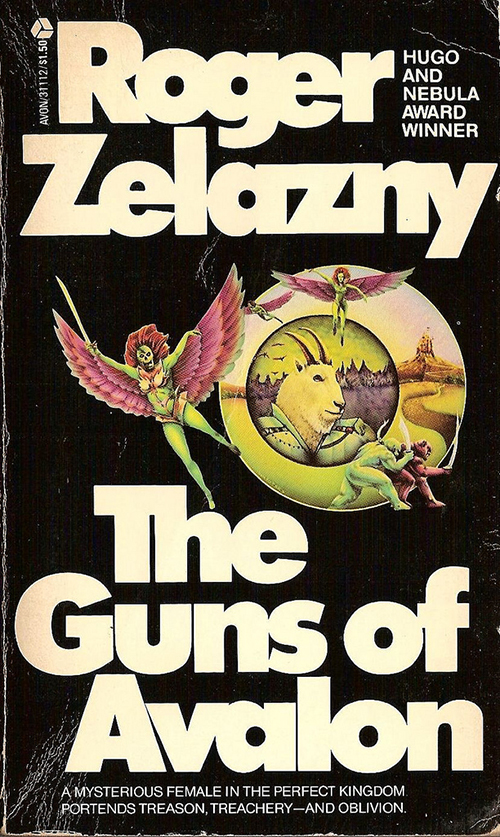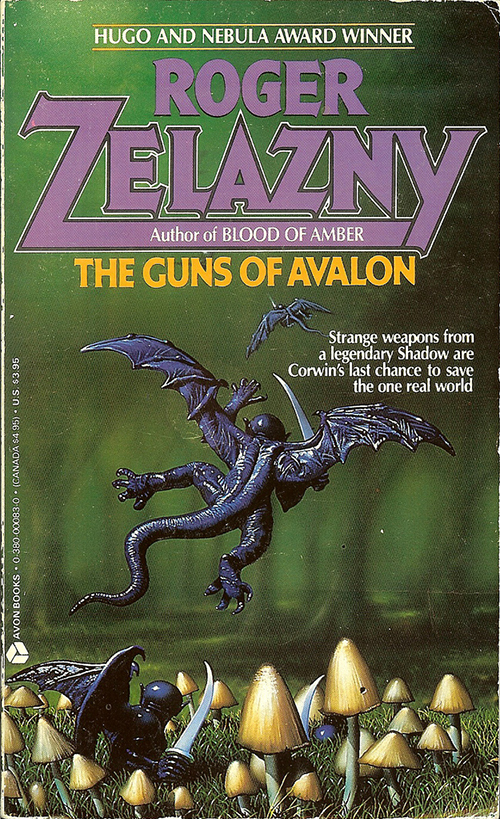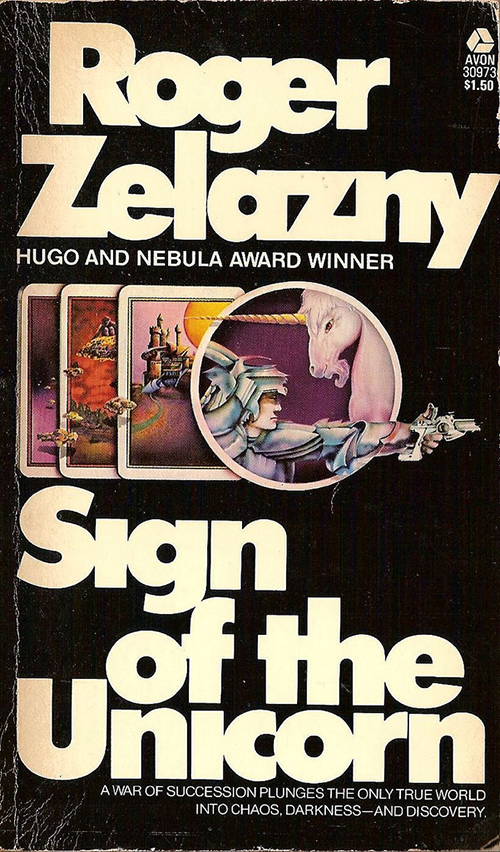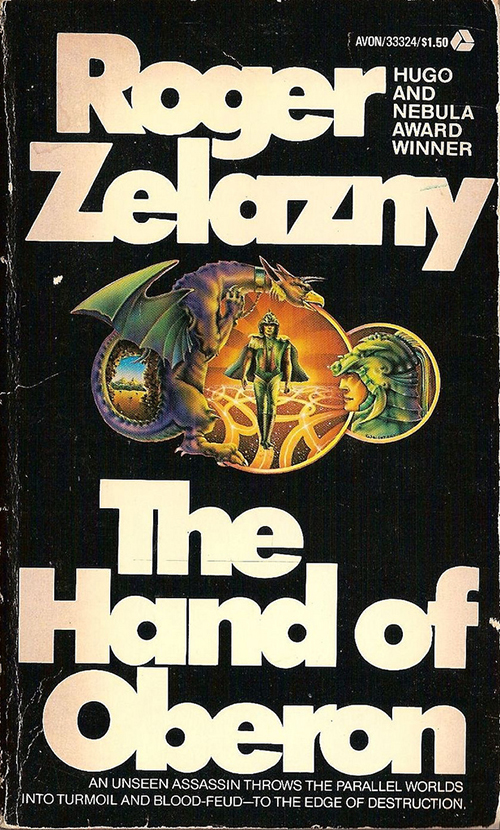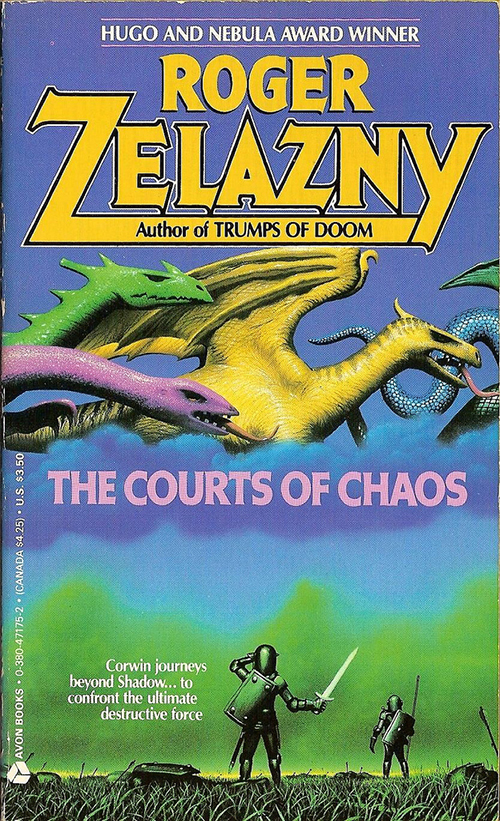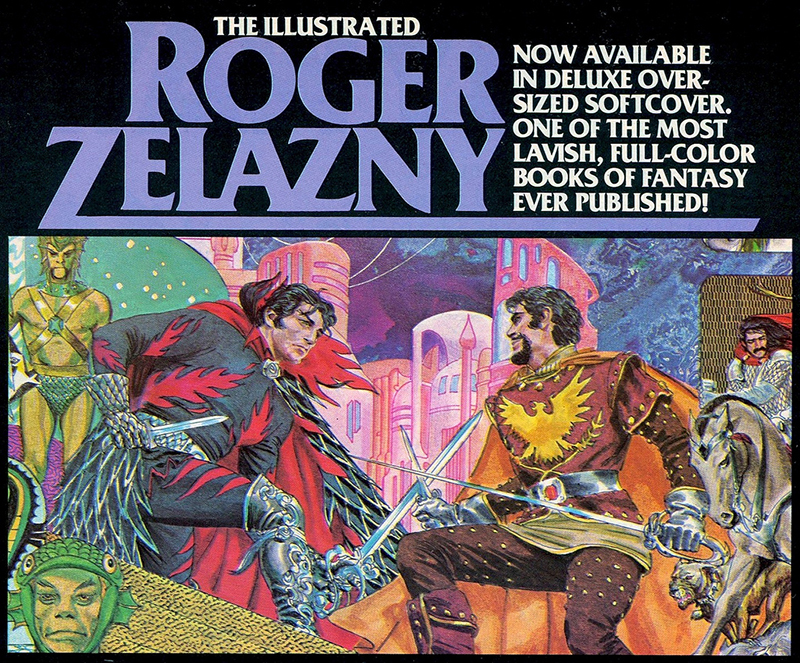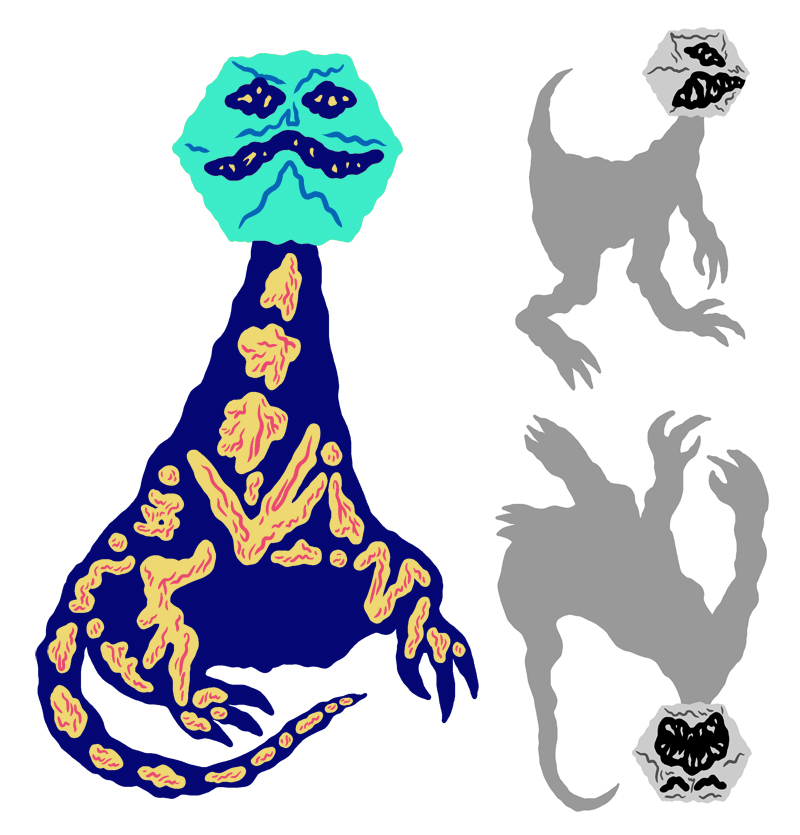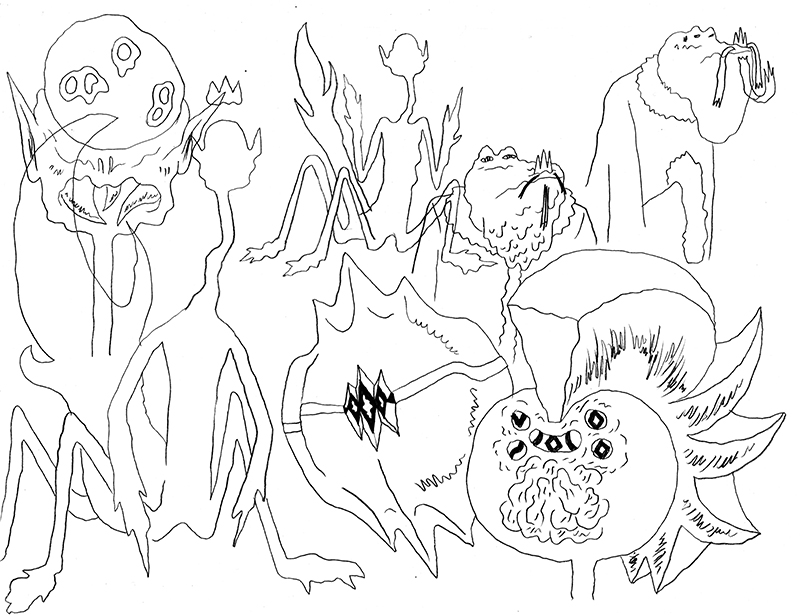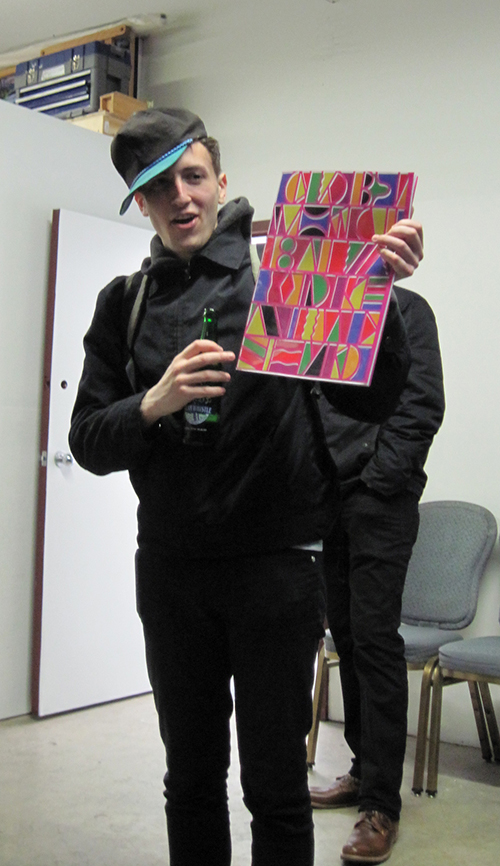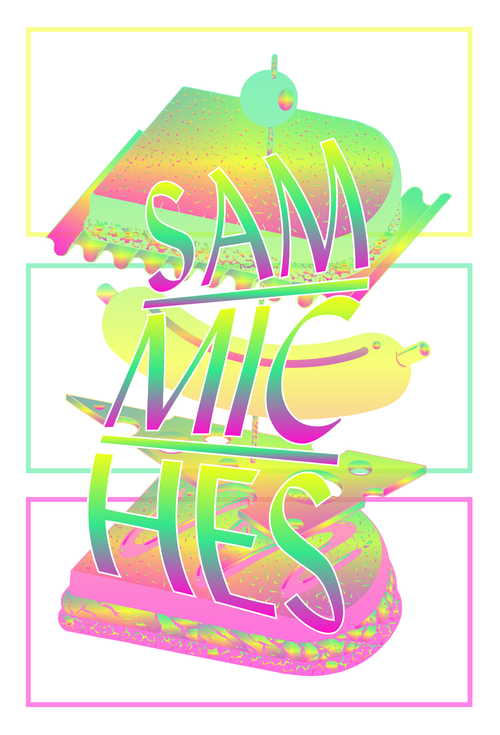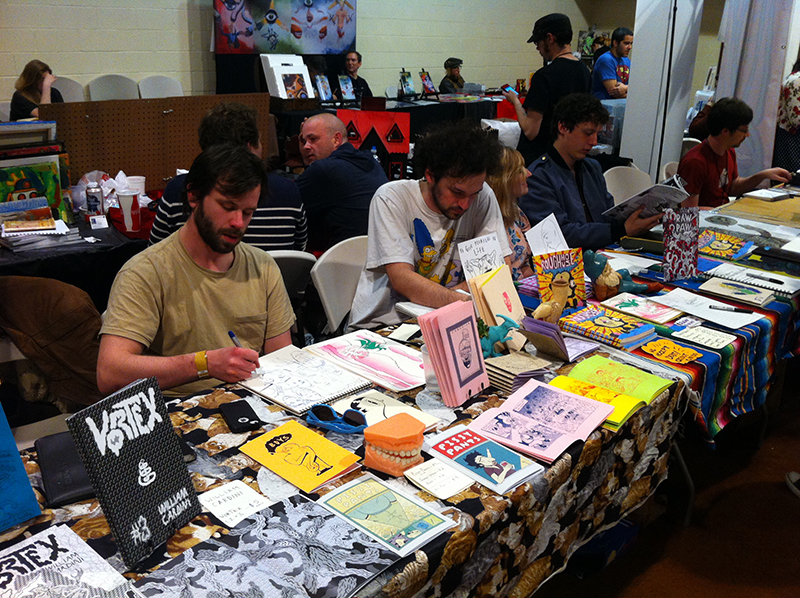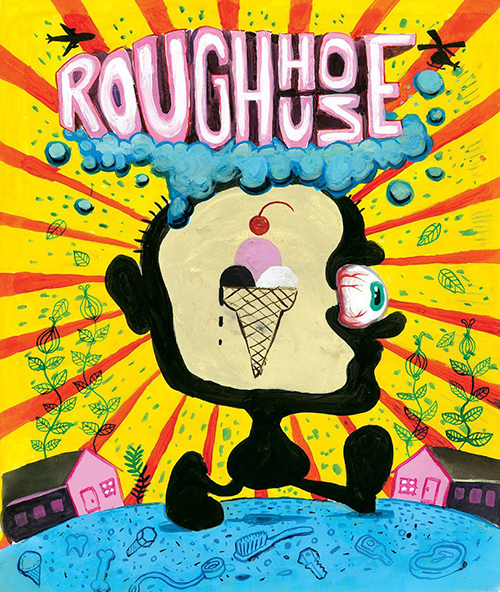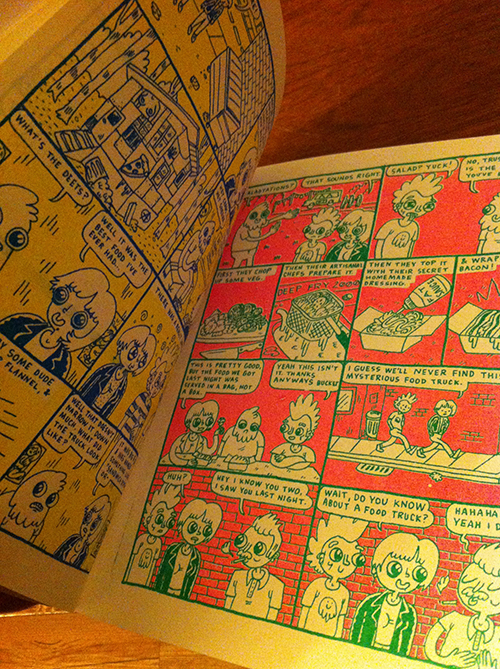Here are three pages from the color Vortex #1 that Doodle Republic will be giving away this weekend at MoCCA:
April 5th, 2013
April 2nd, 2013
Vortex at MoCCA: Birdcage Bottom Books and Doodle Republic
Although I won’t personally be at MoCCA, there will be copies of Vortex at two tables:
Josh Bayer’s self-portrait is on the left and that’s JT Yost on the right.
Birdcage Bottom Books is sharing Table B-58 with Josh Bayer. BBB distros all three issues of Vortex so they’ll have copies there.
Doodle Republic is going to be handing out samples of a partially colored version of Vortex #1.
I’ve been working with Doodle Republic on some character designs for their Chatoon app. Chatoon lets users talk verbally and visually by combining their words with avatars, props, and backgrounds done by different artists. Doodle Republic wants their artists to be able to sell their comics on the Chatoon site through a print-on-demand service. They’re giving out these copies of Vortex #1 to show what their printer can do.
March 29th, 2013
Fantastic Magazine Covers by Vernon Kramer
I stumbled across this awesome cover illustration while looking for images for my last post:
I was only able to find a few more pieces by the artist, Vernon Kramer, and no official website. I’m also into this one:
March 27th, 2013
Roger Zelazny’s Chronicles of Amber – the Corwin Cycle
The Corwin cycle are the first five novels that Roger Zelazny wrote in the Amber cosmos. They focus on Corwin, a prince of the realm of Amber, and tell one complete epic fantasy story in which the universe is threatened with disintegration.
I read the Corwin cycle in an omnibus edition called The Great Book of Amber that also contains the second five-book cycle, featuring Merlin. The second cycle has mixed reviews so I haven’t started it yet. Unfortunately the edition I have contains numerous distracting typos where sometimes the intended word isn’t clear, so I would recommend tracking down the original paperbacks if you can.
The Corwin cycle is told from the first-person perspective of Corwin, a charming but flawed and unreliable narrator. After reading newer books that switch between many points of view, it’s refreshing to read a book that stays in one character’s head from the beginning, when Corwin wakes up an amnesiac in a private hospital bed, to the climax at the Courts of Chaos.
Corwin’s slacker attitude, his diction peppered with many “whatevers,” is a grounding balance to the fantastical and sometimes psychedelic action. It also feels very familiar to me from the genre work of my art comics peers and the dialogue in Adventure Time. In both Amber and these more contemporary efforts this distance between the fantastical, mythic events and the seemingly unaffected characters creates an ironic distance. Somehow this makes the whole thing feel more realistic. Perhaps because it’s closer to how I hear my inner dialogue as I experience my mundane reality. It worked for Bilbo and it works here for Corwin.
There was one flaw in Corwin’s personality that I found distateful – his misogyny (at one point he dismisses all his sisters as only “bitches”). One could argue that this reflects how Corwin is an unreliable narrator, as several of his sisters are quite significant to the plot, but I don’t remember a moment where these books pass the Bechdel Test.
Although I haven’t read much noir personally, these commenters note that Corwin’s tone (and the opening) is extremely reminiscent of Chandler. Does this make the series an early example of a genre mashup? This pairing is mined extensively in urban fantasy but less so in secondary world epic fantasy. Despite a start in New York state I wouldn’t really consider this an urban fantasy – the concerns are cosmic and our earth is but a figment of the firmament.
Refreshingly, Corwin, unlike so many other protagonists of epic fantasies, isn’t an orphan with no living relatives, but is instead a member of a sprawling, brawling family filled with intrigue, love, and hate. The family dynamics (and dysfunctions) feel real. Although in the end the final struggle is the semi-traditional Battle Between Order and Chaos (second cousin to the Battle Between Good and Evil), it begins with one family, the royalty of Amber, knifing each other and climbing their sibling’s corpses to the top. Zelazny really upends the fantasy trope of the disenfranchised rightful king here, which I’m grateful for. I get sick of the politics in fantasy novels – one king deposing another while the common people are ground down – at least here Zelazny shows how meaningless dynastic shifts can be.
Aspects of the Amber cosmos seem familiar to me from their reflection in Robert Jordan’s latter series The Wheel of Time – both feature immortal beings who love to play politics, joining and breaking alliances as they attempt to lie, backstab, and cheat their way to the top of the hierarchy; both feature teleportation through shadow worlds that can be influenced by desire; and both cosmoses are represented by a primordial Pattern. I wonder if Jordan read it?
Unsurprisingly, I enjoyed the unabashed psychedelia in the first five Amber novels the most. To travel, Corwin adds and subtracts elements from different worlds, slowly aligning the reality he’s perceiving with the reality that he desires. Zelazny used this to wonderful effect by condensing days of travel into several pages of evocative descriptions of the mixed-up landscapes that Corwin and his companions travel through. And these are not the only moments of pure imagination – I can’t forget the sublime moonlit visions of Tir-na Nog’th and the shapeshifting creatures of Chaos.
I’d only read Zelazny’s Lord of Light before this (and really dug it), but now I definitely want to read more by him. Do y’all have any recommendations?
March 22nd, 2013
Lizzard Drawings
I’ve been messing around with a redesign of the Lizzard lately:
March 19th, 2013
March 15th, 2013
Sammiches Exhibition Photos and Ordering Link
Sorry I didn’t have a blog post for y’all this past Tuesday, I was sick.
Star Gods Press has posted some photos from the Sammiches Launch + Exhibition this past Friday in Vancouver. Here are some highlights:
A Sammiches book with a dude for comparison.
A sammich on TV.
A strip of Sammiches original art.
Since I drew my sammich on my computer, I sent them a digital print. It’s the one with a light blue background in this photo:
You can see more photos from the opening on the Star Gods Press Flickr stream.
You can order Sammiches on the Star Gods Press site.
March 8th, 2013
Sammiches Exhibition and Book Launch Tonight in Vancouver
I’m this amazing Sammiches book put together by Star Gods press:
They’re having an exhibition opening and book launch tonight in Vancouver. Here are the details:
Here’s the Facebook event, if you prefer.
March 5th, 2013
Hyperbroadcasts: Staple 2013 Recap, Rough House Release Party, and Farewell Books Kickstarter
I ended up going to Staple for a few hours on Sunday. Here’s a shot of Vortex on the table I was sharing with Raw Paw, Douglas Pollard, Alex Webb, Connor Shea, Tyler Suder, Gillian Rhodes, Brendan Kiefer, and Matt Rebholz:
Cartoonists pictured left to right: Alex, Doug, Gillian, and Brendan.
The Rough House book, which we debuted at the show, looks amazing. Tons of great comics, printed in an assortment of two-color pairs on a Risograph, wrapped up in this offset cover by Doug:
Here’s a shot of Aaron Whitaker’s hilarious contribution about drunken snacking:
Aaron’s story is called “The Disappearing Food Truck.”
There’s going to be a release party tomorrow night at Farewell Books (the shop that’s taken over Domy’s former location). All the details are here on Facebook, I hope to see y’all there!
Speaking of Farewell Books, they’re raising money on Kickstarter to give their store a strong start.
A photo of the beautiful new shelving in Farewell Books, taken from their Facebook page.
Domy Austin was really important to me as an artist and lover of comics. It gave me a place to sell my work, get to know other like-minded Austinites, and flip through rare minicomics. This kind of space is vital for the creative community of our city. Plus Schmaltz sells delicious vegan sandwiches in the backyard. Travis Kent and Mikaylah Bowman, the owners of Farewell, know how to run a progressive book store and gallery from their days as Domy staff. I’m confident that they’ll make Farewell a fantastic resource for locals and visitors. Please help them out.
March 1st, 2013
Staple! 2013 – Update
It turns out I’m going to have some copies of Vortex #1-3 at the Brendan Kiefer / Raw Paw / Rough House table at Staple! 2013.
Here’s a production shot of the Rough House anthology.

